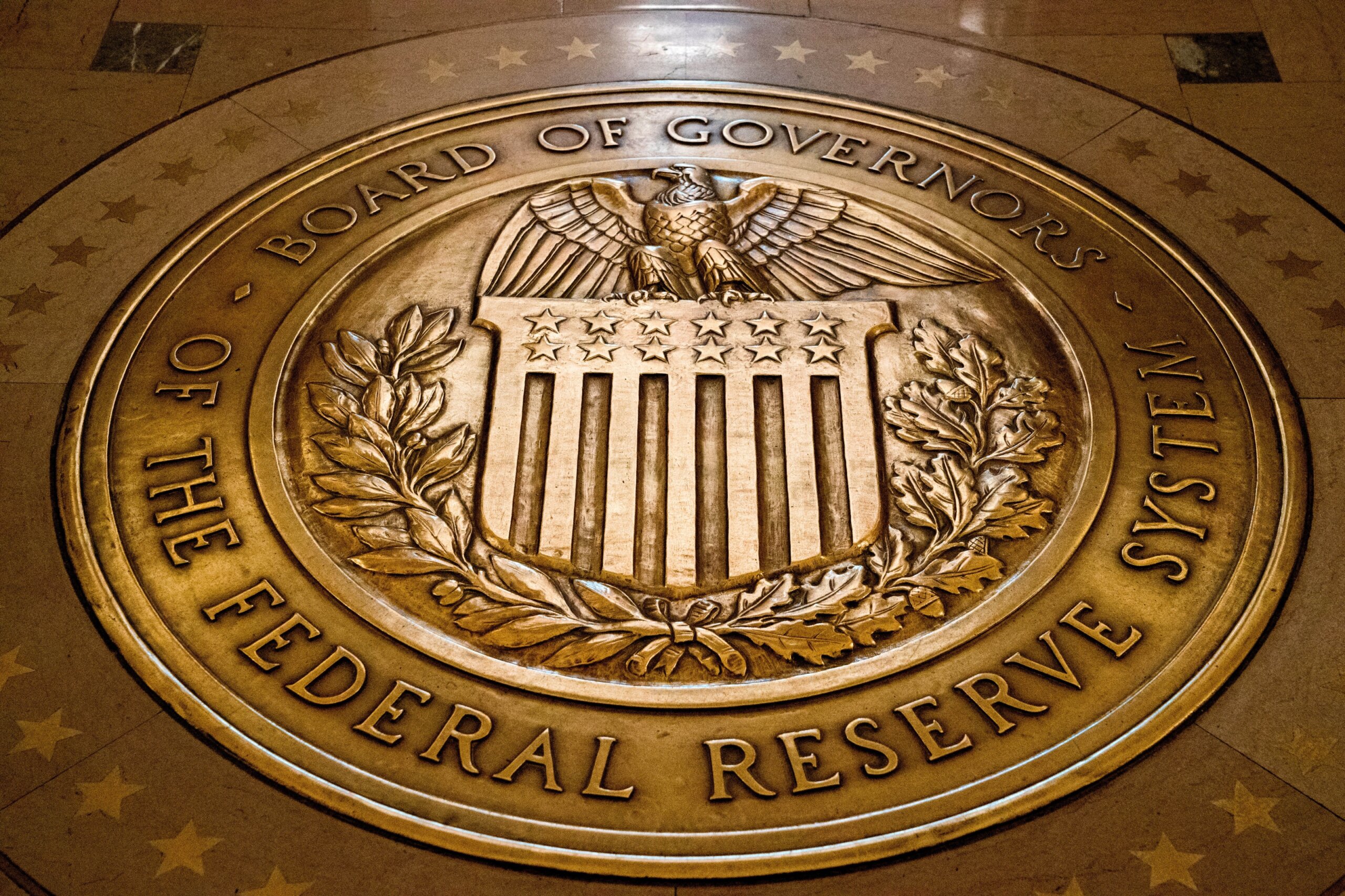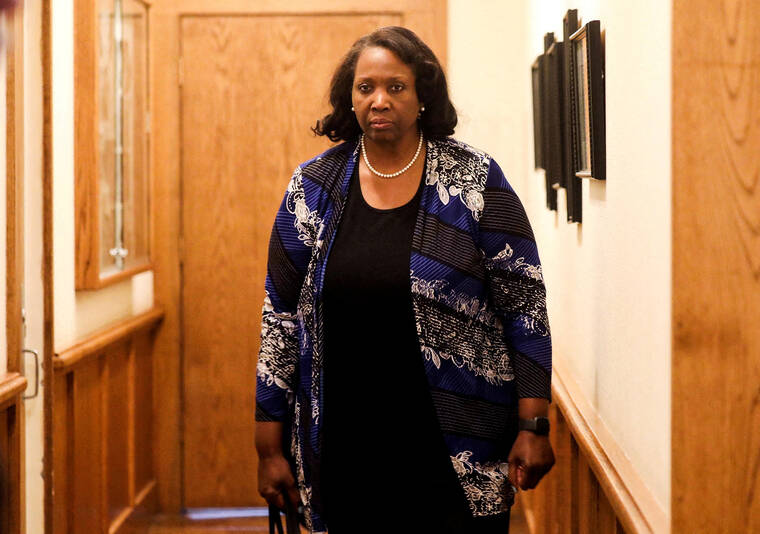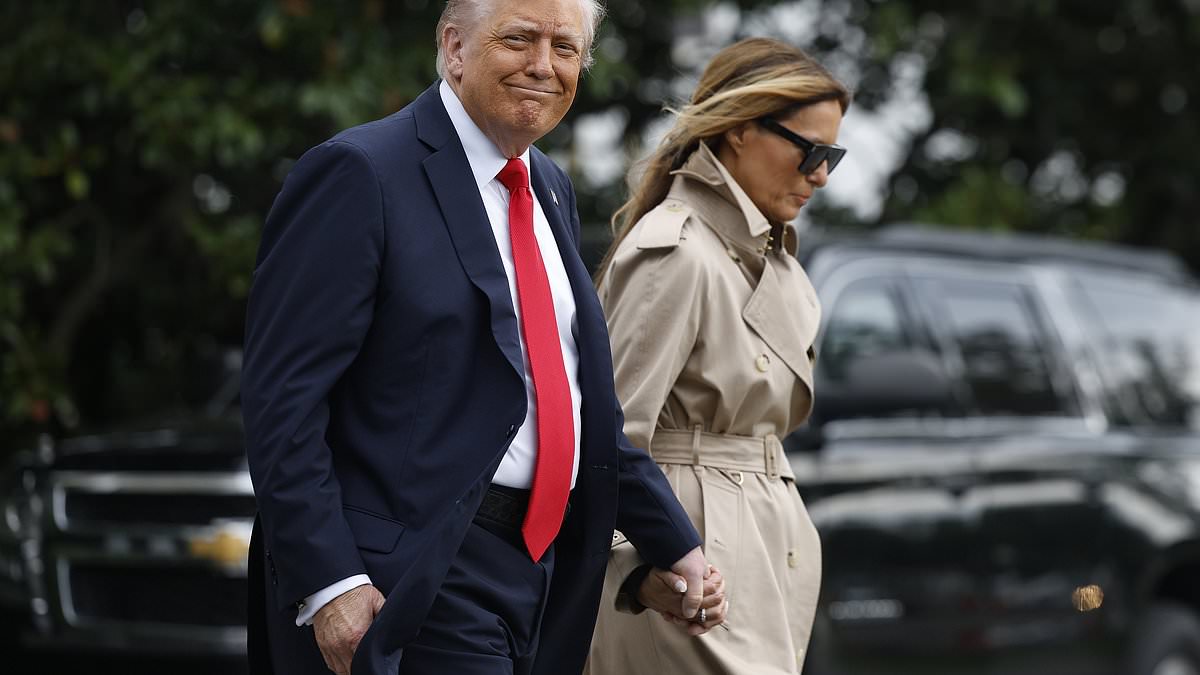
The outward display of religious devotion at Sunday’s memorial service for Charlie Kirk was remarkable by many measures — perhaps especially due to who was giving voice to it.
“I have talked more about Jesus Christ in the past two weeks than I have my entire time in public life,” said Vice President JD Vance.
“We always did need less government,” said Pete Hegseth, the secretary of defense, “but what Charlie understood and infused into his movement is, we also needed a lot more God.”
And Secretary of State Marco Rubio spoke about Jesus Christ, promising listeners they could be reunited with deceased loved ones again.
For Christian observers, it’s hard not to be inspired by the more open focus on faith.
Utah mother Jan Coon says people are “using this moment to bear witness of Christ more openly,” reflecting a unity among believers she hadn’t seen before.
But when asked about the political overtones, Coon admits that does raise worries.
“When we have political figures talking about the need for Christianity, that’s wonderful,” agrees Dan Ellsworth, a Virginia-based consultant. “But the question becomes, do they understand the essence of what they’re asking?”
President Donald Trump himself noted that Kirk “ultimately became convinced that we needed not just a political realignment, but also a spiritual reawakening.” He added, “We have to bring back religion to America, because without borders, law and order and religion, you really don’t have a country anymore.”
“We want religion brought back to America.”
These words would probably be ignored by most anyone else sharing them. But shared from this president, they elicit a complex response from many.
“We want to bring God back into our beautiful USA like never before,” he said. “We want God back.”
Faith is “not something that you can just talk about,” Ellsworth says, adding that in his view, it’s not clear to him if Trump “personally understands” what it would mean for the nation to draw closer to God. “It’s like he’s able to think about it in the abstract. But it took Erika Kirk to stand up and show what that actually means, right?”
“My husband, Charlie. He wanted to save young men, just like the one who took his life,” Erika Kirk said near the end of her remarks. After then referencing Jesus’ famous expression of love to his killers on the cross, Erika said about her husband’s shooter, “I forgive him. I forgive him because it was what Christ did. … The answer to hate is not hate. The answer we know from the gospel is love and always love.”
Ellsworth called this moment the “essence of Christianity.” Although “immensely difficult” to sometimes live, he said it’s something Erika Kirk has clearly internalized.
In a striking juxtaposition, Trump remarked later on how Charlie Kirk “did not hate his opponents. He wanted the best for them. That’s where I disagreed with Charlie. I hate my opponent and I don’t want the best for them. I am sorry, Erika. … But I can’t stand my opponent.”
On some level, Trump himself was acknowledging he’s far from a perfect messenger to rally Americans to faith. And many, of course, appeared to be scandalized by the whole event — with The New York Times calling it “an extraordinary fusion of government and Christianity” wherein “the highest levels of U.S. government and evangelical worship were woven as one.”
The truth is that religious revival and politics have been closely intertwined in U.S. history more often than not — from abolition and civil rights to Cold War patriotism and the War on Terror — though with varying intensity depending on the era. While religious fervor has often fueled reform movements, political leaders have also used religion in times of national crisis to sanctify their cause, bolster their authority and rally followers.
In so many ways, of course, this religious influence in American history has been enduringly good and lasting. In this case, there are a few reasons to be cautious about over-interpreting the post-assassination outpouring of faith in Pentecostal terms.
First, for better or worse, this current manifestation of faith revival is tightly bound up in political realities that are deeply divisive in a general sense. And the truth is that many young people turn away from faith when they perceive religion as too bound up with partisan politics. David Campbell, professor of American democracy at the University of Notre Dame, has stated, “The more religion is wrapped up in a political view, the more people who don’t share that political view say, ‘That’s not for me.’ ”
Secondly, history doesn’t necessarily confirm the sticking power of crisis-induced religious revival. Evangelical statistician Ryan Burge pointed out last week that since modern polling began in the 1950s, “there’s not been a single event that has led to a significant, durable increase in church attendance rates.” Even when short term increases happen (after 9/11), he says “all that faded back to baseline within a few months.”
This isn’t to say that real changes and shifts cannot be sparked by traumatic or crisis moments.
Certainly, a moment like this can expand into something lasting for a young family like this. “Here’s to new beginnings,” this mother states.
“It’s wonderful to pack a stadium full of people and talk about Christ,” Ellsworth affirms. “But what do you do in the day-to-day living of the faith? That’s what determines whether something lasts or it doesn’t last.”
“What do you do when there isn’t a big, sensational event driving you to go to church? What do you do when it’s quiet — and there are not other people celebrating your faith in public?”
In the end, Ellsworth joins others wary of the implications of what a greater fusion of faith and politics would mean long-term. “I think politics is the wrong fuel for religious revival. Politics is like a very volatile fuel, and if you put it in the engine of Christianity, it will blow up the engine.”
In order for a spiritual revival to endure, he maintains, the fuel needs to be steadier and more sustainable — the less dramatic fare of daily discipleship. “That’s why I’m skeptical that politics can actually have any meaningful role in fueling a Christian revival.”



